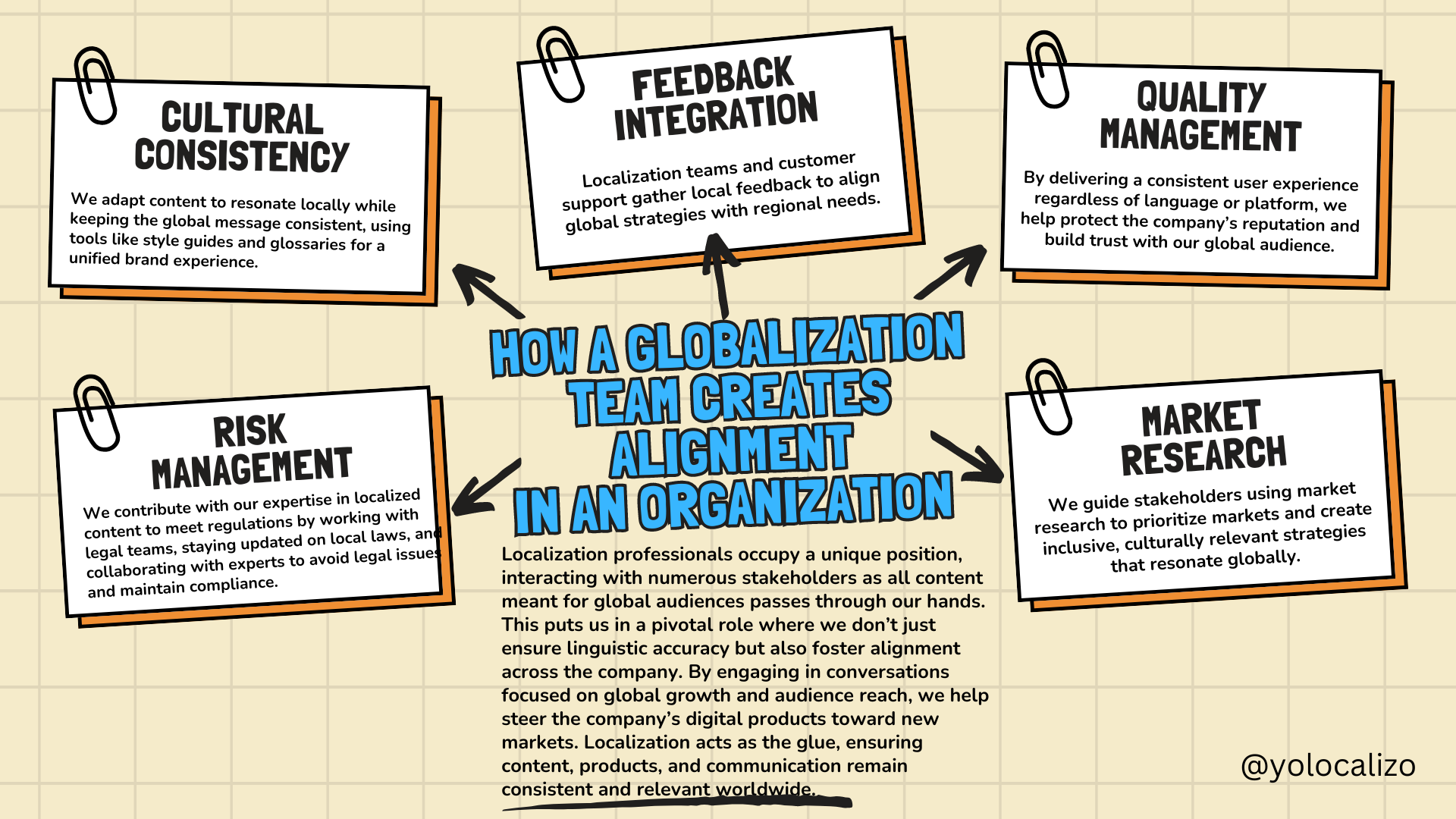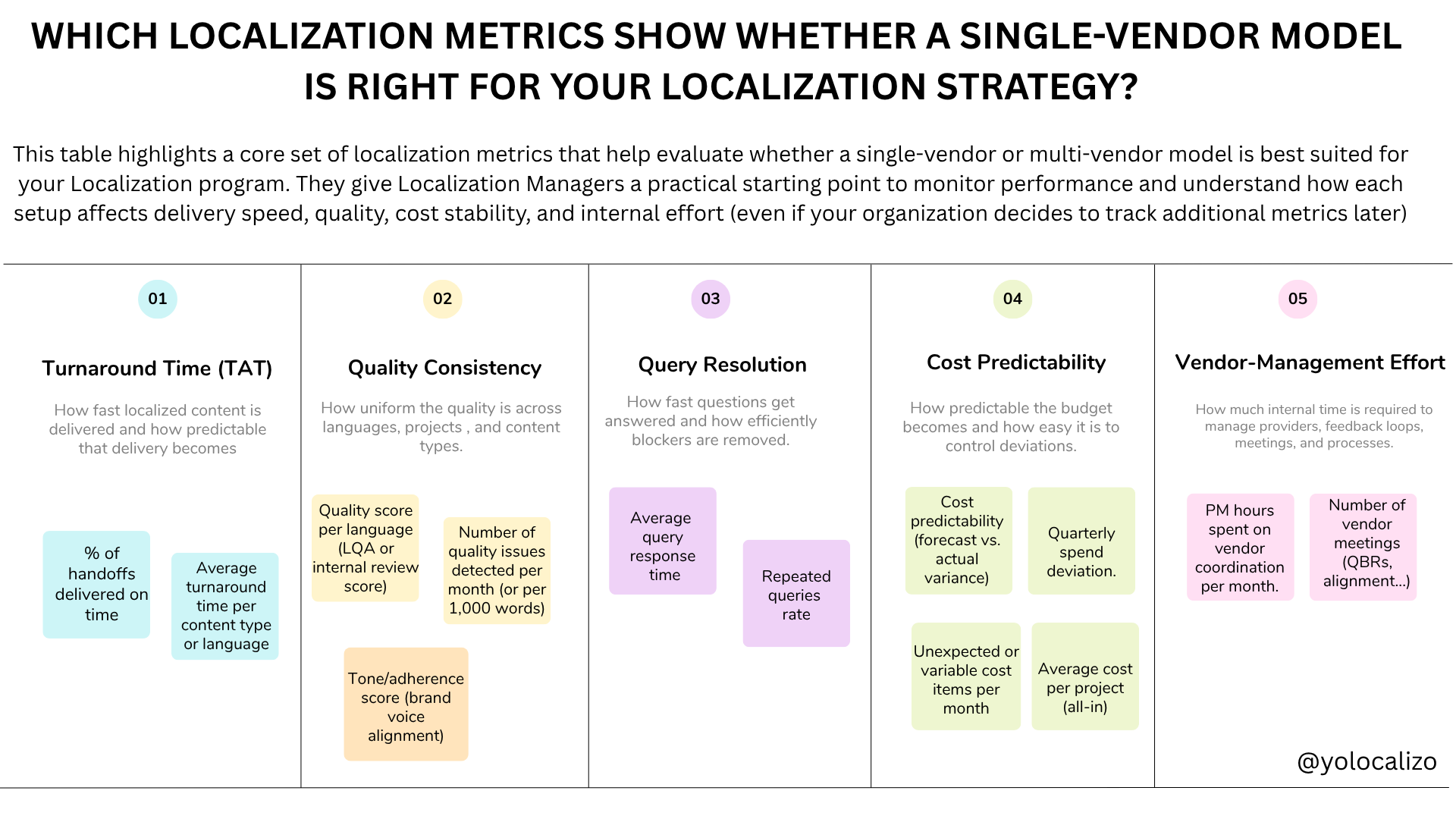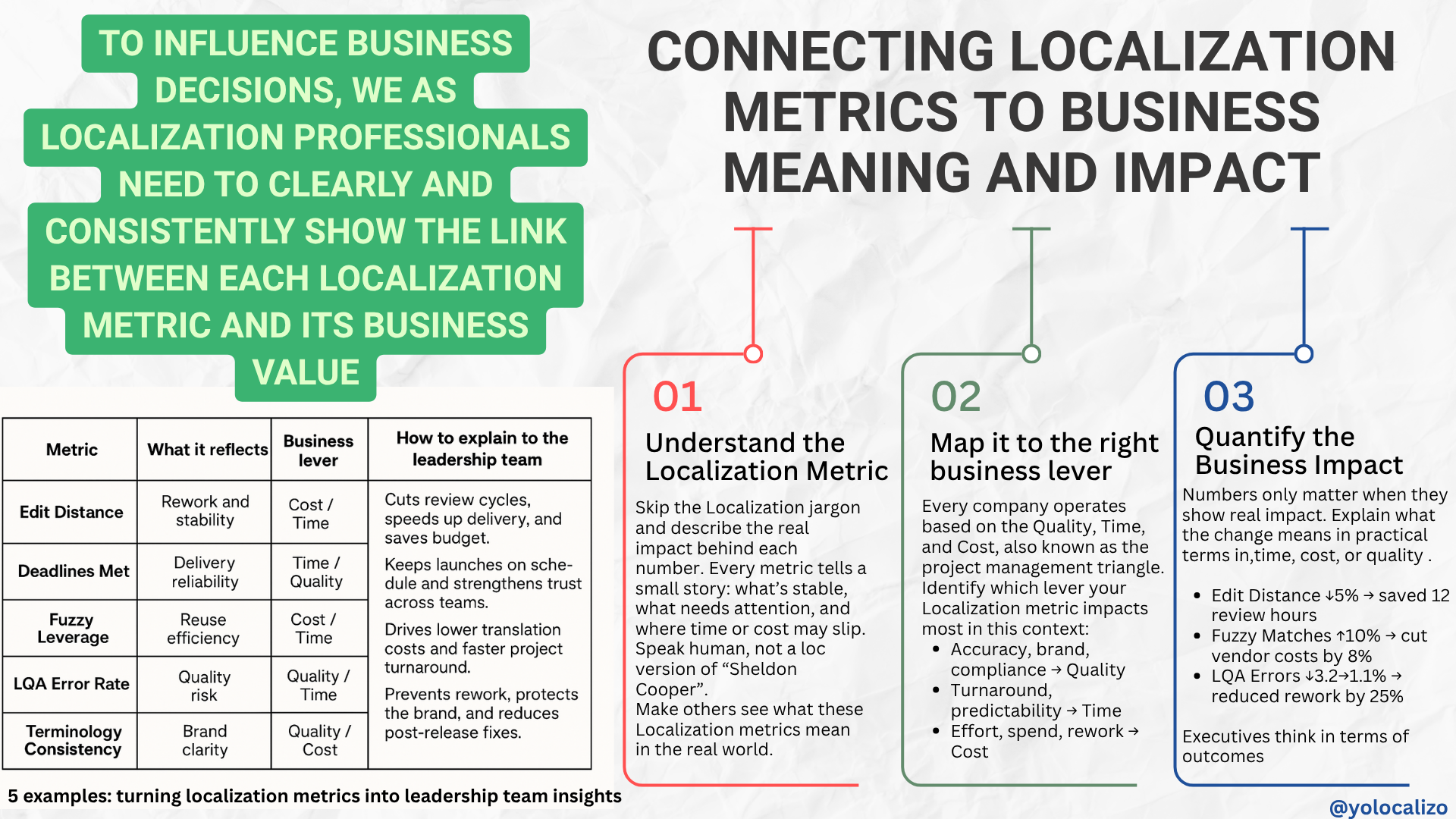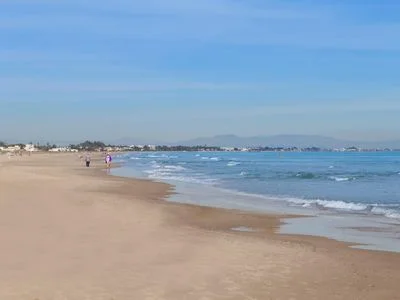I WANT to break ..... into the video-games localization industry!
Children are the mirror for our internal work as parents. This is something not new, I know that; but when my 12 years old-son, Gonzalo came to me during one of our daily walk on the beach last summer with the following question:
“Hey dad, what do you at your work, exactly, every day”, my own heart quickened with interest 😃
The key word here is “exactly” because he knows I work in the video game industry, but obviously, he’s not really really aware of the amount of effort is required to convert a game from English into 20+ languages.
While enjoying the fine sand caressing our barefoot, I talked to him about translating words, ideas, changing cultural design, shape art of the character and the importance of choosing the right colors to fit different local markets … I’m not sure he understood anything I said while he was enjoying his strawberry and chocolate ice cream, probably not, competing in attention with a strawberry/chocolate ice cream it is not easy!!! but when I finished my 5-minute elevator pitch about what’s localization and culturalization he looked at me and he said “¡Como mola!” (How cool!) I want to localize video games!!!
He said that with his sparkling eyes looking at me, and I could see in his face a big fat smile. I love the power of kids to be easily fascinated with everything, I love their beginning minds. Kids are a source of inspiration, they remind me what’s truly important in life and they remind me that actually being easily fascinated and find value in small things is a very nice lifestyle.
Now, the question hitting my brain was:
Is it a good idea for my son to get interested in getting a job in the video-game localization industry?
And the answer is: Yes, I do think so!! Who knows what in the end he’ll end up working as he grows … but in theory, the combination of languages and video games does not seem like a bad advice for a parent to his son!
According to a recent report from GALA , the localization and language services market is approaching $40 billion and is growing at a rate of more than 7% annually. It is the fourth-fastest growing industry in the USA and is highly ranked for start-up opportunities. And what can I say about the video games industry? It’s booming! A report rom Digi-Capital predicts a push revenue from $90 billion in 2015 to $115 billion by 2020 based on predictions of future growth in Massively multiplayer online (MMO), multiplayer online battle arena (MOBA) and virtual reality.
So what if we combine language industry with video games? That's a fantastic combination! Bright future there my son, I hope 😃 Because of my son curiosity to know what’s required to work in the localization industry, I thought that it might be a good idea to write a post on my blog about how to break into this field. Actually, when I think about it, that’s a question that I got, either when I deliver talks in a university or just in casual conversations. For this reason, below I’m going to share with you some tips on how to get into the video-game Localization industry.
Getting a job to start working as translator or localization specialist or project manager might be tricky initially, as most of the companies will require 2-3 years of experience in a similar position. This is a catch 22 situation. You must get a job to get experience, but you must first have the experience to get a job. My advice here is to go volunteer and start working on your own portfolio offering yourself to translate or QA video-games. And how do we build our own portfolio?
These are my suggestions
Steam powered
There are different possibilities to get experience as video games translator. One of my favorite tactics to get experience is to contribute in communities to help and localize video-games. Here my suggestion would be steampowered.com
“Steam is a digital distribution platform developed by Valve Corporation, which offers digital rights management (DRM), multiplayer gaming, video streaming and social networking services.
”
The Steam is a vibrant community with over 100 million people all around the world! And this group of “special forces” help to translate into 26 languages. Participating as a translator in this community is quite simple. We just need to link our steam account to the site and start contributing.
As a participant in Steam translation, we’ll have access to all text elements within Steam's Client application, Store, Community, and even Valve's games. The community has a system where by contributing with translations and feedback eventually you may become a language moderator.
Working in this community is a quite effective tactic to build a portfolio as they have nice games such as Airmech or Monaco
I believe contributing in the translation of games in this community is worth it and it’ll definitely polish our CVs and portfolio!
2. Indy Projects
Indy video-games developers are always in need to get help when launching their games in different countries. Getting in contact with these small developers will pay off as we will have the opportunity to contribute with our knowledge and goodwill in very creative games. One of my favorite platform when it comes to supporting Indy Project it is the Indie Game Localization group in Facebook. Start contributing here is pretty straightforward. We just need to join this group and start helping. Usually, we will not be paid when contributing here, but we will get a free copy of the game and our name in the credits!
3.LocJam
LocJam is a "Localization Jam" - this is a friendly competition totally free where anyone can join and participate. These events are a great opportunity to show off our translation skills. These competitions are very interesting events and we will be competing against other localization geeks for prizes!(professional localization studio tours and/or diplomas)
The games to be translated in these LocJams are not hefty, previous edition the challenge was to translate a board game from English to French/German/Italian/Japanese/Portuguese/Russian and Spanish and the volume was around 3000 words. This would not take us much time but in return, it will really help to increase our visibility in the localization community. Curious to see the name of the winner of the previous edition? Click HERE, maybe you can find a familiar name there!
So, to answer the question of my son about how to break into the video games localization industry my advice is that I encourage to start building a portfolio and gain some experience in the industry through volunteer work.
I know this situation is not ideal, it’s better definitely if we can find a paid job since the beginning! but if that’s not possible volunteering might be a bridge to land on the promised land.
Starting out as a volunteer translator is a good way to get our foot in the door and get some concrete game experience on our resume.
I’m sure sooner than later the volunteer work in Indy games or Steam or in those thrilling LocJam contest will pay off and soon the volunteer hours will become paid hours …
Now, being a volunteer in the translation community helps to increase our knowledge, it helps to polish our skills, but still, despite being a voluntary work it does not mean we can offer a crap quality of a translation. Of course the moderators of these communities will be more patient and more tolerant of our potential mistakes than our stakeholders in real life, but still, even if the standards in a voluntary translation might be more relaxed, we need to have anyway some knowledge and some skills. So, where do we get these skills? Where can we study to eventually become a video game translator?
As far as I know, there are no university studies (yet)totally focus on game localization, however, there are some courses and some training that we can evaluate to break into the localization industry. Below, you can find a list of resources that anyone interested in this industry might explore to acquire new knowledge
Tap on the image to open the list of courses
Another possibility is to take some certification courses or workshops from the Localization Institute. We can find in this institution resources to achieve industry specialisation
Top industry experts have come together and developed industry-specific training which creates career pathways to help us to break into this fascinating localization industry. You can see the course catalog HERE
Video games is a fascinating industry and Localization is quite attractive as well, of course, there are very interesting careers anyone can pursue out there ... but for those with an interesting in languages and video-games, this seems to be the perfect marriage, anyway, good luck to everyone out there with an interest in breaking into this enchanting business!
Have a splendid week-end! and please leave your comments below if you have other ideas/tips and suggestions about how to become a video-game translator!
@yolocalizo


















This feels like a pivotal moment. Localization teams are being asked to support more markets, move faster, use AI responsibly, and show impact, not just output. Expectations are higher than ever, but many teams are still trained mainly for execution. We are strong at delivering localization work, yet we often struggle to move from output to outcome and to clearly explain the impact of what we do.